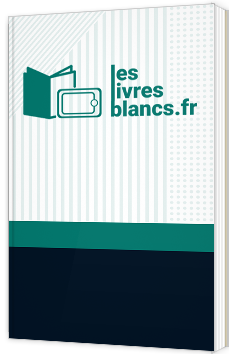


"Writers often claim that because they are the authors, they can reuse their work, either in full or in excerpts, over and over again. How can republishing one’s own work be defined as plagiarism if the author has only used his or her own words and ideas?
This white paper explores the definition of selfplagiarism, how it crosses into copyright laws and ethical issues, and the different ways an author can avoid this increasingly controversial act of scholarly misconduct.
Let's look at one scenario: Leslie is an assistant professor going through tenure review with significant pressure to publish. An article she is writing for a journal piggybacks on a recent conference presentation that was also published by the conference sponsor. Leslie would like to integrate the writing from the conference presentation into the article.
She faces an ethical dilemma: to repurpose her own writing from one text and use it for another, thereby increasing her number of publications for tenure, but from the same work. Doing so, Leslie might commit what Scanlon (2007) calls “academic fraud,” a form of selfplagiarism (pg. 57)."